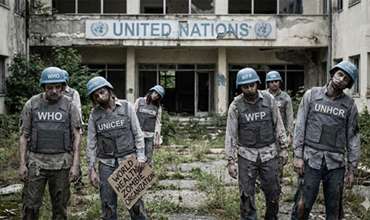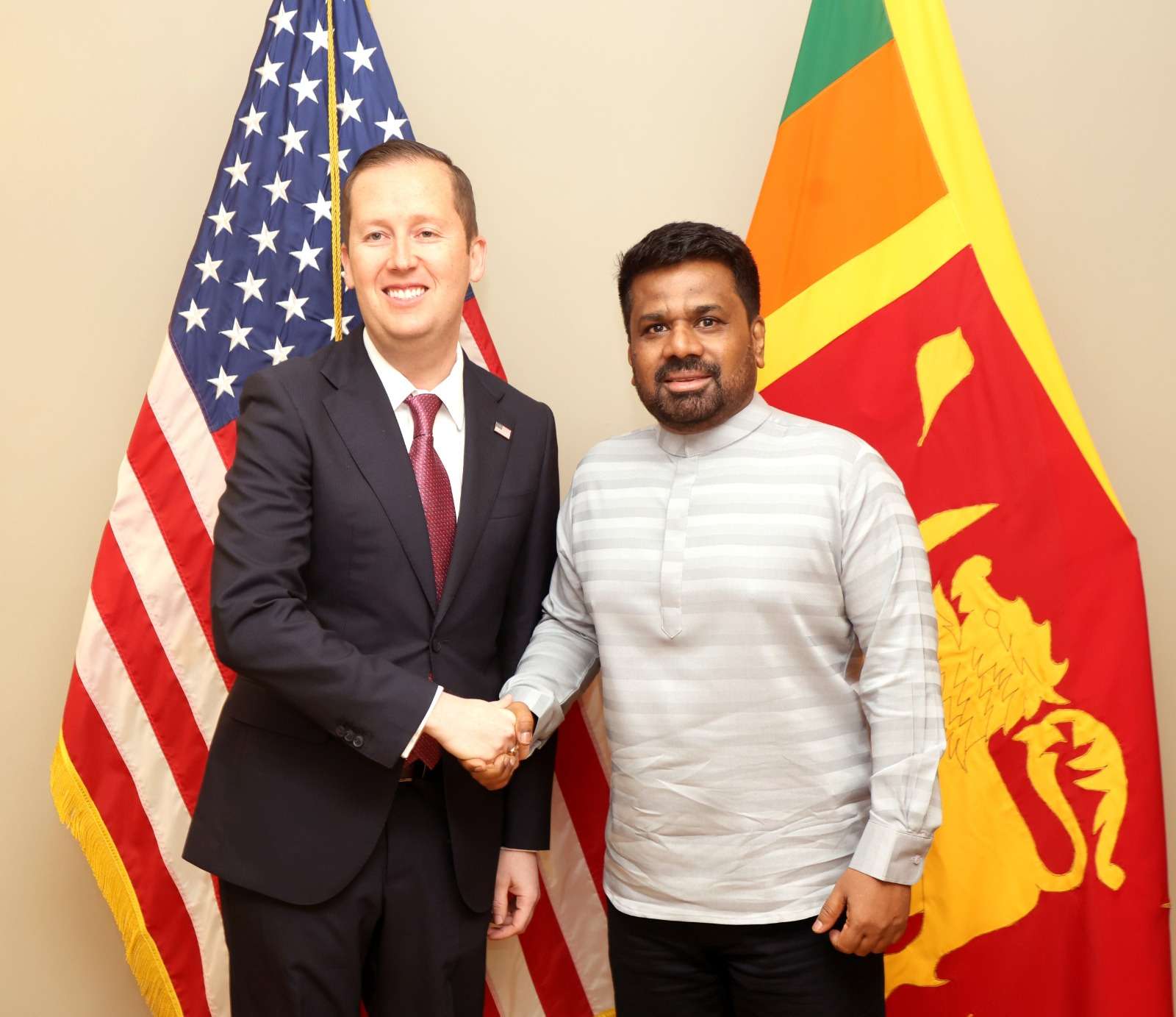Assassination of Martyr General Soleimani; State terrorism in the territory of a third country
On Wednesday in the southeastern Iranian city of Kerman, 95 people were killed in terrorist bomb blasts near a cemetery when people had gathered there to mark the fourth death anniversary of Iran’s legendary Islamic Revolutionary Guard Corps Commander General Qasem Solemani who was killed in a US attack while on a diplomatic visit to Iraq. The article below recounts how Gen. Soleimani was killed and the diplomatic issues surrounding the attack from an Iranian point of view.
Early Friday, January 3, 2020, General Qasem Soleimani, the commander of the Quds Force of the Islamic Revolutionary Guard Corps, was on a special mission in Iraq, representing the Islamic Republic of Iran for negotiations with the Iraqi Prime Minister. Alongside him was Abu Mahdi al-Muhandis, the deputy commander of the Iraqi Popular Mobilisation Forces. They were targeted by the military forces of the United States near Baghdad International Airport and were martyred.
Hours after this terrorist attack, the Pentagon, in a statement, asserted that President Trump had ordered the assassination of this Iranian commander while claiming this senior Iranian official had intentions to attack American diplomats and its other military and regional forces. U.S. officials stated that "this strike was carried out to thwart Iran's future plans." Americans, in justifying this brutal and terrorist act, claimed that General Soleimani, during his trip to Iraq, intended to organise an attack on the U.S. embassy in Iraq and that the attack on him and his companions is assessed as an action within the framework of "legitimate defence."
This is despite explicit statements from Iraqi officials, including the Prime Minister of the country, that General Soleimani was en route to Baghdad on an official mission as the special representative of the Iranian government for a crucial meeting with the Iraqi Prime Minister, and a formal meeting with a high-ranking Iranian representative was scheduled for 8:30 AM at the Prime Minister's office, on the morning of this terror act.
What happened in the early morning of Jan. 3, 2020 near Baghdad International Airport, from an international law perspective, was not a legitimate defence but rather a state-sponsored terrorist operation, through which, the sovereignty of the Iraqi government was blatantly disregarded by a third government, and as a result, the assassination of a special guest of the Iraqi government, along with a deputy of a section of the armed forces of this country, took place.
The violation of host government agreements by a government that, based on an agreement, deploys its military forces within the territory of the host country, is considered a concrete instance of aggressive action according to the United Nations General Assembly resolution on the “Definition of Aggression”.
With the assassination of General Soleimani and Abu Mahdi al-Muhandis within the territory of Iraq, not only was the principle of refraining from the use of force, as a fundamental rule of international law, blatantly disregarded, but also, considering the diplomatic status and official representation of General Soleimani by the Iranian government, the provisions of the 1969 New York Convention on "special missions" were violated.
Furthermore, by resorting to state-sponsored assassination, the United States has gravely breached the recognised responsibilities of the host government in observing the specified immunities explicitly mentioned in the 1973 Convention on the Prevention and Punishment of Crimes Against Internationally Protected Persons, including Diplomatic Agents.
The 1973 Convention considers the responsibility of perpetrators and supervisors of attacks on individuals under the protection of international law as "criminal responsibility", and in Article 5, in the case that the government of the country where the offence occurred is unable to apprehend the perpetrators of this crime, the Convention obliges the government (Iraq) to provide information regarding the identification and punishment of the perpetrators to other states.
The rule-evading and norm-breaking American Regime continued, in blatant disregard of the established regulations and principles of international law, in a clear violation of the sovereignty of the Iraqi government and in explicit breach of the December 2008 agreement (Status of Forces Agreement-SOFA), in the early morning of Friday, January 3, 2020, to carry out a terrorist act against the special representative of the Iranian government and one of the high-ranking military officials of the Iraqi government.
The Iraqi Parliament, in an immediate response to this terrorist act by the United States, passed a resolution in an emergency session on Monday, January 6, 2020, urging the government of Iraq to end the presence of foreign forces in the country by cancelling its previous request for international coalition assistance against ISIS. Moreover, according to international law, Iraq, in the first step, is considered a sovereign government violated by the terrorist act of the United States, with legal grounds to pursue its sovereign rights.
Nevertheless, the Islamic Republic of Iran will utilise all available principles in international law and international criminal law to pursue legal and criminal proceedings against the perpetrators, supervisors, and accomplices of the U.S. terrorist plot against its "diplomatic and special envoy."
-
Still No Comments Posted.















Leave Comments